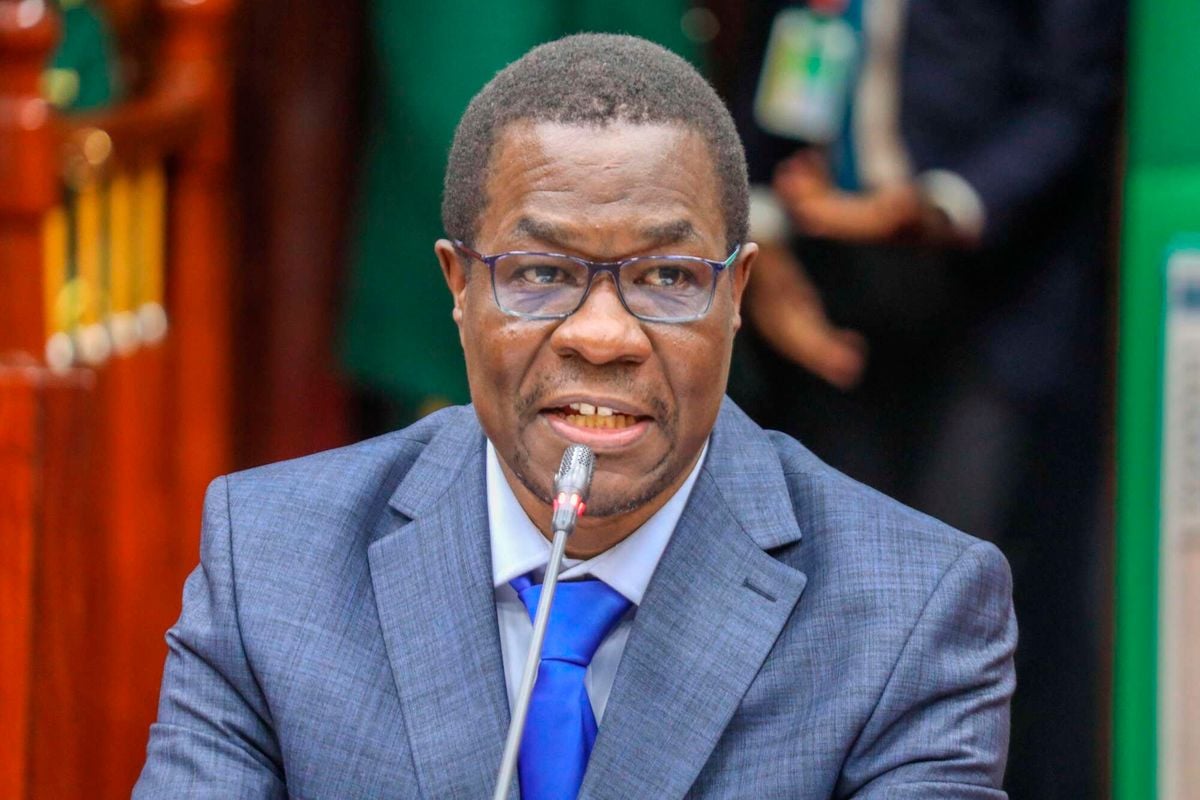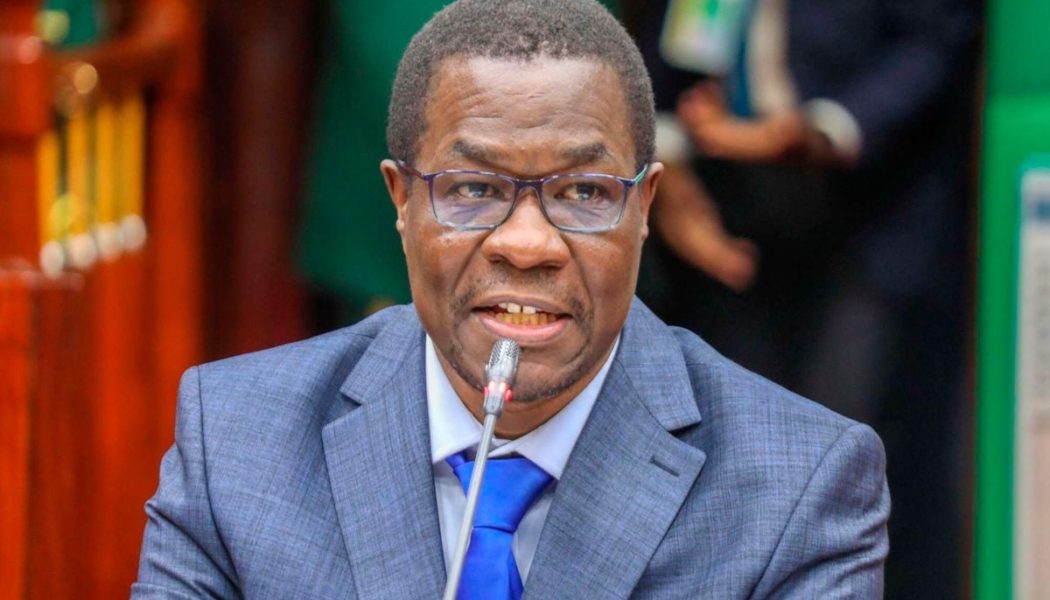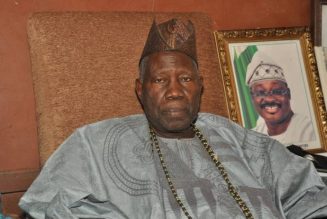
The Ministry of Energy will fast-track the review of rules for cheaper night-time power costs ahead of the proposed opening up of electricity transmission and distribution to the private sector early next year.
Energy Cabinet Secretary Opiyo Wandayi said that the government is racing to relax the conditions that have hampered the uptake of power at night for large industries at discounted costs.
Manufacturers have been pressing the State to lower the stringent threshold that requires commercial and industrial users to exceed their average monthly power consumption over six months to qualify for off-peak tariffs.
“We are looking at improving the Time of Use Tariffs (ToU) frameworks to ensure increased uptake of electricity during the off-peak hours and ensure maximum benefits are passed on to our customers,” Mr Wandayi told the Business Daily.
“I will be having a stakeholder meeting with the Kenya Association of Manufacturers to see how best I can support. My office will have an all-sector approach to ensure we improve the supply of power to our consumers ”the CS said.
The Energy and Petroleum Regulatory Authority (Epra) said in June that officials were working on a new structure that would mitigate the projected hit on State-run Kenya Power’s revenues, estimated to be more than Sh20 billion a year.
The new structure would replace the current one, which requires small commercial and industrial consumers to meet a monthly consumption threshold tracked for six months to qualify for the discounted prices known as the ToU tariff.
The ToU tariff, which was introduced in 2018, offers large consumers a discount of 50 percent for the using electricity during off-peak hours. The tariff, which sees consumers pay as low as Sh6.06 per unit of electricity based on consumption, is meant to encourage productive use of power and increased manufacturing.
Businesses and industries enjoy the ToU tariff during off-peak hours that occur between 10pm and 6am, a period when the country is forced to curtail electricity to ensure a stable grid.
Electricity curtailment refers to any action meant to reduce the amount of energy generated within a system to ensure there is a balance between demand and supply. For example, small commercial consumers paid an estimated Sh9.70 per kilowatt hour (kWh) under the off-peak tariff, compared to Sh19.40 per unit under the regular tariff in September.
The manufacturers have, however, argued that the rule on power uptake has made it difficult for some factories to benefit from cheaper night-time power charges, partly due to lack of capacity to meet the average threshold of consumed units required over six months. As a result, the manufacturers petitioned President William Ruto to remove the consumption threshold that large commercial and industrial firms must meet to enjoy the lower tariffs during off-peak hours.
The Kenya Association of Manufacturers has termed the threshold a “moving target” where firms must increase energy consumption at night by six percent over six months to continue benefiting from the discounted tariff.
The industry lobby said that its data showed that on average some 2,200 firms, representing about 25 percent of potential beneficiaries, qualified for the 50 percent discount in power bills for producing at night. This helped them save about Sh148 million in power bills.
“Given the current thresholds, only a few companies can increase their consumption by six percent in six months, hence only a small number of the users benefit from this incentive. This requirement is inhibitive,” KAM said via email on Monday. “There is a need to restructure the threshold details so that more users benefit. This will also increase the off-peak sales for the utility [Kenya Power].”









